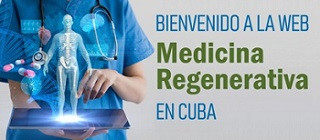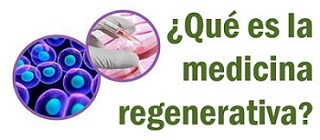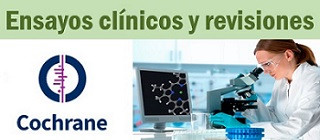Reprogramming cellular identity for regenerative medicine.Cell. 2012
Articulo completo a través del HINARI
Cherry AB, Daley GQ.
Stem Cell Transplantation Program, Division of Pediatric Hematology/Oncology, Manton Center for Orphan Disease Research, Howard Hughes Medical Institute, Children’s Hospital Boston and Dana Farber Cancer Institute, Boston, MA 02115, USA.
Abstract
Although development leads unidirectionally toward more restricted cell fates, recent work in cellular reprogramming has proven that one cellular identity can strikingly convert into another, promising countless applications in biomedical research and paving the way for modeling diseases with patient-derived stem cells. To date, there has been little discussion of which disease models are likely to be most informative. Here, we review evidence demonstrating that, because environmental influences and epigenetic signatures are largely erased during reprogramming, patient-specific models of diseases with strong genetic bases and high penetrance are likely to prove most informative in the near term. We also discuss the implications of the new reprogramming paradigm in biomedicine and outline how reprogramming of cell identities is enhancing our understanding of cell differentiation and prospects for cellular therapies and in vivo regeneration.
Copyright © 2012 Elsevier Inc. All rights reserved.



